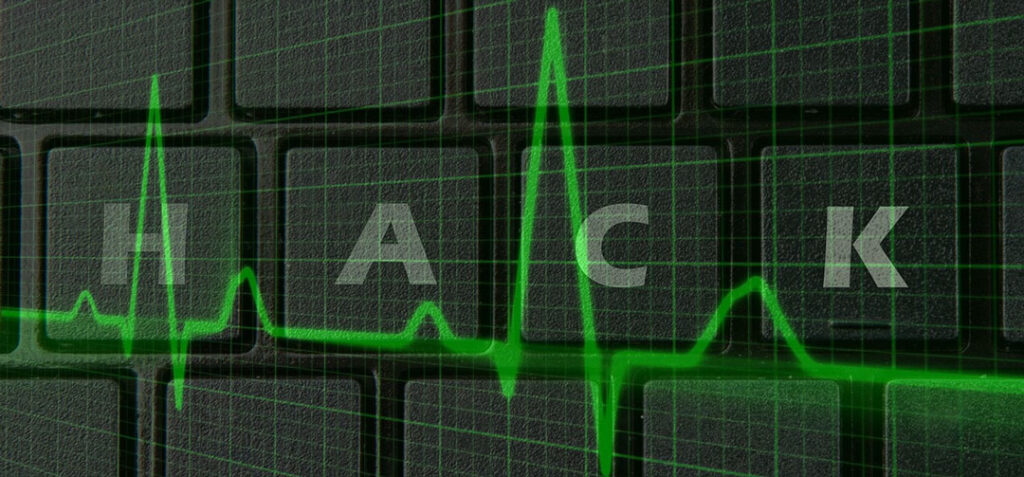Most medical organizations are not adequately prepared when it comes to their cybersecurity. According to a recent survey of 4,500 cybersecurity professionals, only 4 percent reported they were from healthcare. This reality is especially concerning now that malicious code like ransomware has become monetized as well as because of the dangerous conditions that hospitals face if they lose access to their patient data. While training and workforce growth are important factors for building a more robust IT infrastructure, here are the main areas that healthcare providers should review in order to minimize these risks.
Physical Security
Start by verifying whether your data centers are SOC 2 Type 2 certified and HIPAA compliant. SOC 2 is meant as an audit of your internal procedures for handling data, with one that serves as a snapshot in time (Type 1) and another that takes place over six months or more (Type 2).
You’ll also want to make sure that your computers and mobile devices use password protection and are catalogued in your organization’s inventory as allowed on your network.
Network Security
Hardware firewalls are basic essentials for keeping unwanted users from accessing your data.
A Virtual Private Network (VPN) can take that security one step further by masking your authorized users’ IP addresses and creating data tunnels between their devices and your local network. System administrators also rely on this to access your servers discretely.
Intrusion detection and log monitoring are also important digital tools that are used for tracking all of the data and users that enter and exit your system.
Data Security
Whether your data is being stored or shared, make sure to encrypt it. Use application scanning for vulnerabilities that hackers could attempt to exploit. Reinforce this with annual penetration testing, where someone posing as a bad actor attempts to breach your network.
It’s also vital that you teach your staff how to identify risks to data exposure, and to follow these guidelines when managing your patient information:
- Send sensitive information only through encrypted email.
- Have password protection on all devices.
- Don’t open emails or click links from unrecognized sources.
- Don’t fall for phishing tactics where people posing as authorized companies attempt to collect your company data.
- Use multifactor authentication for all system access.
Personnel Security
When hiring for new positions at your organization, make sure to run thorough background checks on all applicants. If you contract out any services like telehealth nurse triage, make sure your contractors are just as thorough in their vetting process.
Establish clear policies and procedures regarding your IT and data management, and make sure that they are enforced both internally and externally through training, testing, and review.
Business Continuity and Disaster Recovery
A business continuity plan is meant as a proactive step to protect against foreseeable problems before they happen, from data breaches to system downtime.
You’ll also want to establish an effective disaster recovery strategy in the event that something still goes wrong and your system fails or becomes compromised. This should include redundancies like backup systems that your users can easily access during an emergency as well as offline data storage that can salvage any information that was lost on-site.
Both of these security features should be tested and monitored regularly to ensure that they’re working properly.
How This Affects Telehealth and Nurse Triage
Our healthcare world continues to migrate to telehealth and telephone nurse triage in order to help patients better understand their symptoms and the care they should seek. But this can also create a massive vulnerability for patient data if the steps above are not taken to address provider network security — both in-house and through any contracted telehealth triage services. That’s why TriageLogic incorporates all of these into our own cyber defense, and why we highlight this information in our Learning Center.
If you have questions about these procedures, or want to learn more about how to provide your patients effective, secure nurse triage 24/7, contact us for a discussion.
About TriageLogic
TriageLogic is a URAC-accredited, physician-led provider of top-quality nurse telehealth technology, remote patient monitoring, and medical call center solutions. Founded in 2007, the TriageLogic Group now serves more than 9,000 physicians and covers over 25 million lives nationwide.





